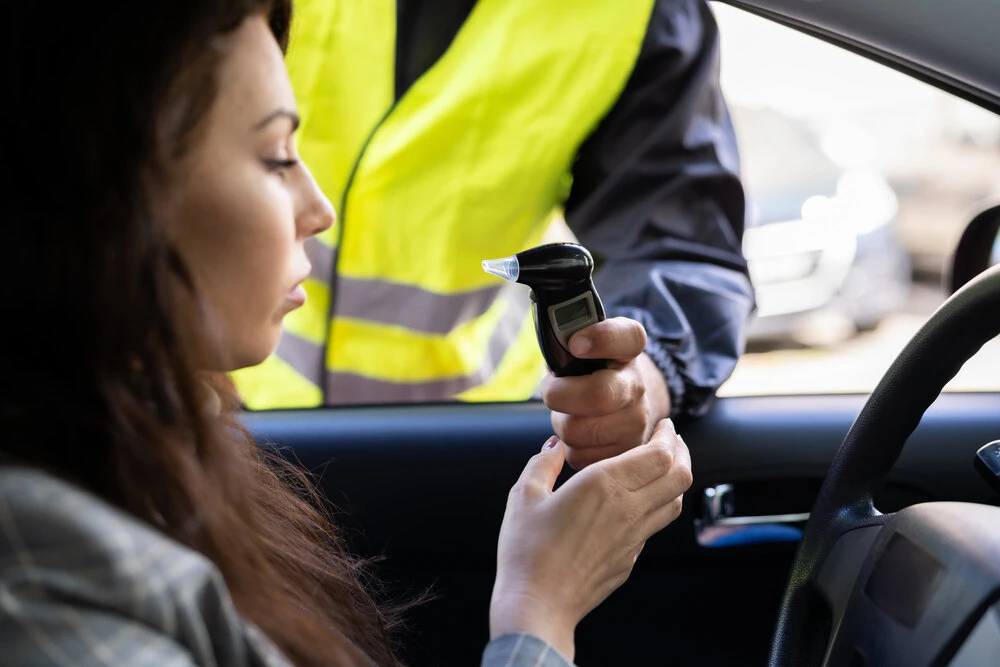Driving under the influence (DUI) is a serious offense in California, and law enforcement agencies often set up DUI checkpoints to catch drunk drivers and keep the roads safe. If you find yourself approaching a DUI checkpoint, it’s essential to know your rights and how to handle the situation. In this blog post, we’ll discuss the legality of DUI checkpoints in California, your rights during a stop, and how to defend yourself if you’re charged with a DUI.
1. ARE DUI CHECKPOINTS LEGAL IN CALIFORNIA?
Yes, DUI checkpoints are legal in California, but they must follow specific guidelines to be considered constitutional. In 1990, the U.S. Supreme Court ruled in Michigan Department of State Police v. Sitz that DUI checkpoints are a reasonable and necessary way to protect public safety. However, the checkpoints must be conducted in a non-discriminatory manner and not target specific individuals or groups.
2. WHAT ARE YOUR RIGHTS AT A DUI CHECKPOINT?
At a DUI checkpoint, you have the same rights as during any other traffic stop. These include:
- The right to remain silent: You are not required to answer any questions about your alcohol consumption or provide any other information that could incriminate you.
- The right to refuse a field sobriety test: You can decline to perform any physical tests, such as walking in a straight line or reciting the alphabet backward. However, refusing a field sobriety test may lead to your arrest and the suspension of your driver’s license.
- The right to refuse a breathalyzer or blood test: You can refuse to take a breathalyzer or blood test, but doing so will result in an automatic one-year suspension of your driver’s license under California’s implied consent law.
- The right to an attorney: If you are arrested, you have the right to consult with an attorney before answering any questions or submitting to any tests.
3. HOW TO HANDLE A DUI CHECKPOINT STOP
When approaching a DUI checkpoint, it’s essential to remain calm and follow these steps:
- Slow down and follow the officer’s instructions: Make sure to signal and move your vehicle as directed by law enforcement.
- Be polite and cooperative: Keep your hands on the steering wheel and provide your driver’s license, registration, and proof of insurance when asked.
- Do not volunteer information: Remember that you have the right to remain silent and do not need to answer questions about your alcohol consumption or other potentially incriminating information.
- Ask if you are free to go: If the officer does not have reasonable suspicion to believe you are under the influence, you should be allowed to leave the checkpoint.
4. DEFENDING YOURSELF AGAINST A DUI CHARGE
If you are arrested and charged with a DUI, it’s crucial to seek the help of an experienced criminal defense attorney. A skilled attorney can help you navigate the complex legal process and ensure that your rights are protected. At Southwest Legal – Criminal Defense Attorneys, we specialize in DUI defense and can help you fight the charges and minimize the consequences of a DUI conviction.
Some potential defense strategies include:
- Challenging the legality of the DUI checkpoint
- Questioning the accuracy of field sobriety tests or breathalyzer results
- Presenting evidence that you were not under the influence at the time of the stop
With the right legal representation, you can increase your chances of successfully defending yourself against DUI charges and avoiding the severe penalties associated with a conviction.
If you or someone you know is facing DUI charges in California, contact Southwest Legal – Criminal Defense Attorneys today for a free consultation. Our experienced team will help you understand your rights and develop a strong defense strategy to protect your future.





